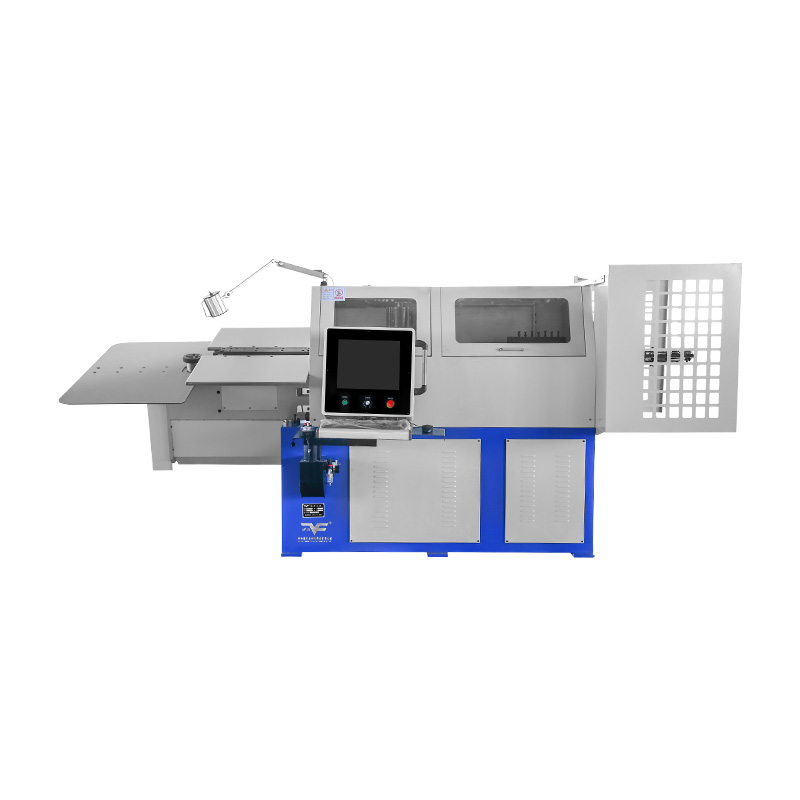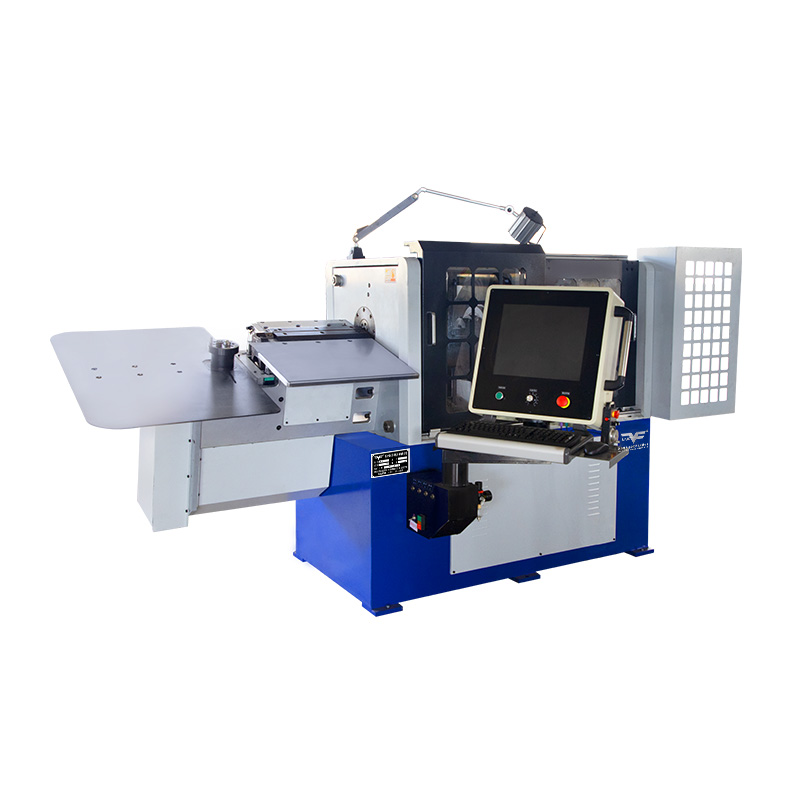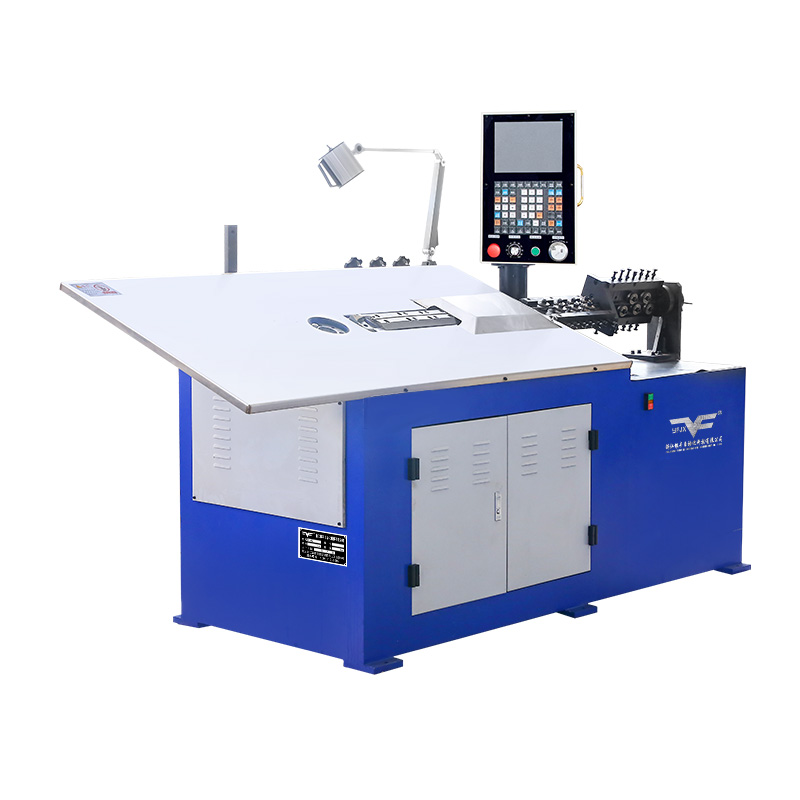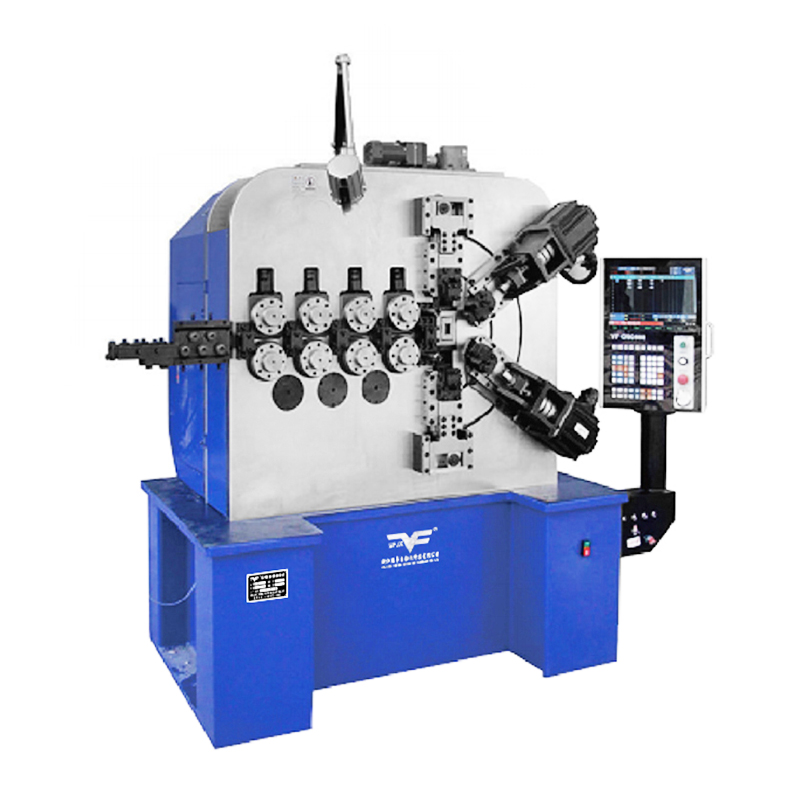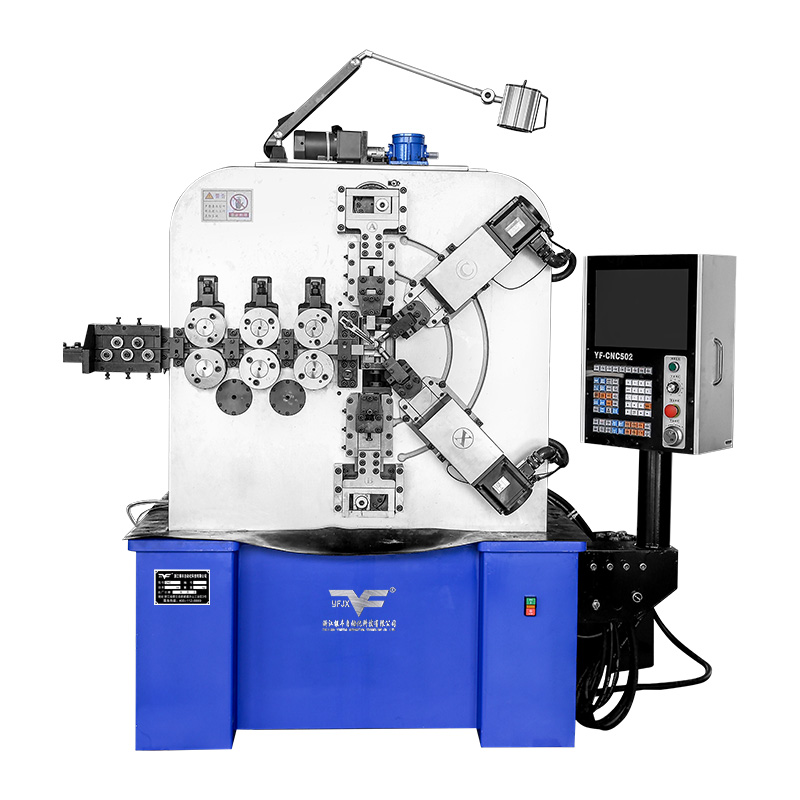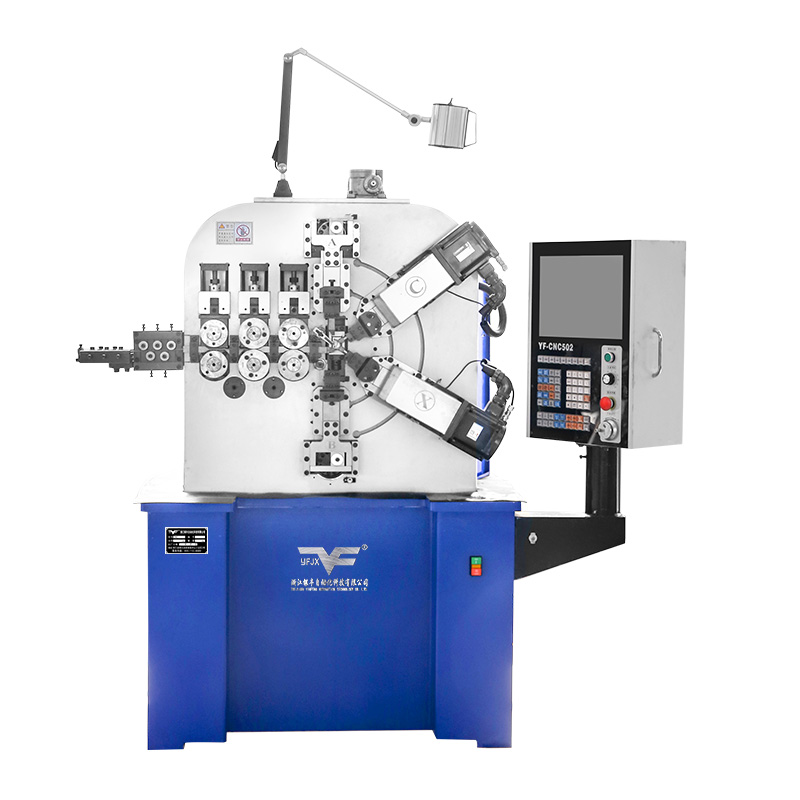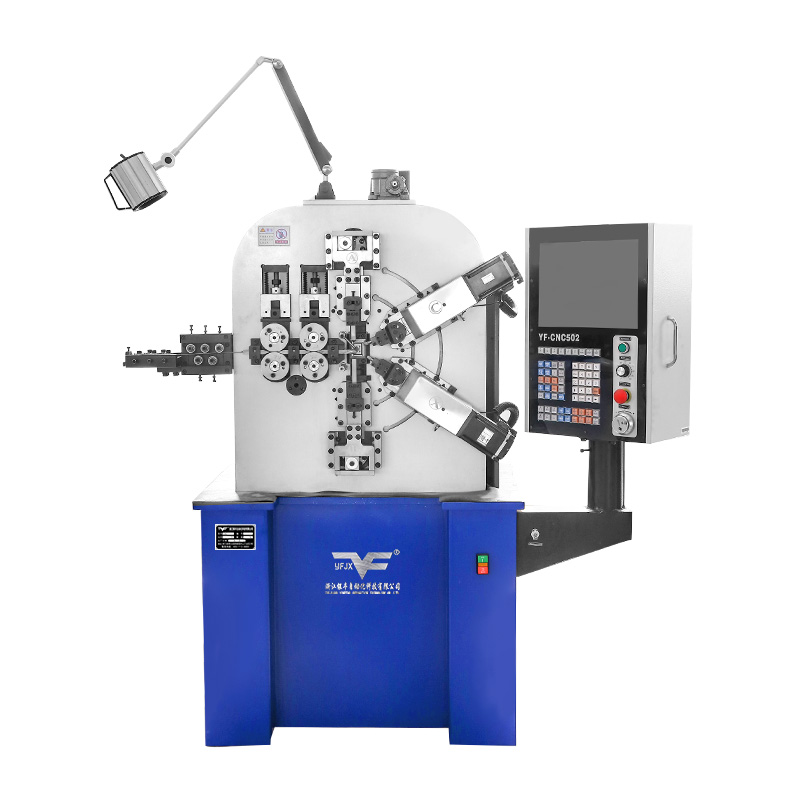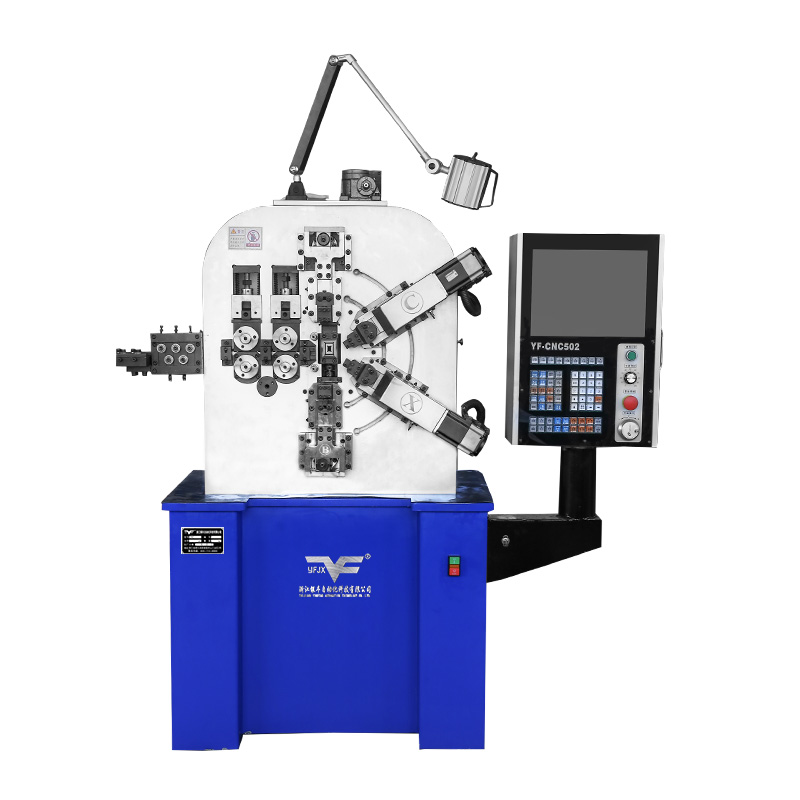Investigating the Cost-Saving Potential of Auto Coiling Machines in the Automotive Industry
Industry News-In the automotive industry, efficiency and cost-effectiveness are critical factors that drive competitiveness and profitability. One of the recent advancements in manufacturing technology that has garnered attention is the auto coiling machine. This piece of equipment, designed to automate the coiling process, holds significant potential for cost savings in various automotive applications.
Understanding Auto Coiling Machines
Auto coiling machines are designed to automate the process of coiling wire and other materials into precise and consistent shapes. These machines use advanced technology to streamline the coiling process, reducing the need for manual intervention and improving overall efficiency. By automating this task, manufacturers can achieve high levels of precision and consistency, which are crucial for producing high-quality automotive components.
In the automotive industry, auto coiling machines are often used to coil various types of wire, including those used in electrical systems, harnesses, and other critical components. The automation of this process offers several advantages, including increased production speed, reduced labor costs, and enhanced quality control.
Cost-Saving Potential of Auto Coiling Machines
1. Labor Costs: One of immediate cost-saving benefits of auto coiling machines is the reduction in labor costs. Traditional coiling methods often require manual labor, which can be both time-consuming and costly. By automating the coiling process, manufacturers can significantly reduce the number of workers needed for this task. This not only lowers labor expenses but also minimizes the risk of human error, which can cause costly mistakes and rework.
2. Increased Production Speed: Auto coiling machines operate at high speeds, allowing for faster production compared to manual coiling methods. This increased speed translates to higher production volumes and shorter guide times, which can improve overall operational efficiency. In the automotive industry, where meeting production deadlines is crucial, the ability to produce components quickly and efficiently can result in substantial cost savings.
3. Consistency and Quality Control: Consistency in coiling is essential for maintaining the quality of automotive components. Auto coiling machines provide precise and uniform coiling, which ensures that each component meets the required specifications. This consistency reduces the likelihood of defects and rejects, cause lower material waste and reduced costs associated with quality control and rework.
4. Reduced Material Waste: Efficient coiling processes reduce material waste, as auto coiling machines are designed to minimize excess and ensure good use of raw materials. By reducing waste, manufacturers can lower material costs and improve their overall profitability. This is particularly important in the automotive industry, where the cost of materials can be significant.
5. Maintenance and Downtime: Auto coiling machines are built for durability and reliability, which can cause reduced maintenance requirements and lower downtime. Unlike manual processes, which can be prone to inconsistencies and breakdowns, automated systems are designed to operate smoothly and require less frequent maintenance. This reliability translates to fewer production interruptions and reduced maintenance costs.
Comparing with Pocket Spring Coiling Machines
While auto coiling machines offer numerous benefits, it is also valuable to consider the role of pocket spring coiling machines in the automotive industry. Although primarily used for manufacturing pocket springs in the bedding industry, pocket spring coiling machines share some similarities with auto coiling machines, particularly in their ability to automate the coiling process.
Pocket spring coiling machines are designed to produce high-quality springs with precise dimensions, which can be useful for various automotive applications, such as suspension systems and seating components. These machines also benefit from automation, which enhances production efficiency and reduces labor costs. However, the specific application of pocket spring coiling machines may differ from the broader range of uses for auto coiling machines.
Auto coiling machines present significant cost-saving potential for the automotive industry by enhancing efficiency, reducing labor costs, and improving quality control. The automation of the coiling process guides to faster production speeds, reduced material waste, and lower maintenance costs, all of which contribute to improved profitability.
As manufacturers continue to seek ways to optimize their production processes, the adoption of auto coiling machines represents a strategic investment in achieving greater efficiency and cost savings.

 English
English русский
русский Español
Español 简体中文
简体中文